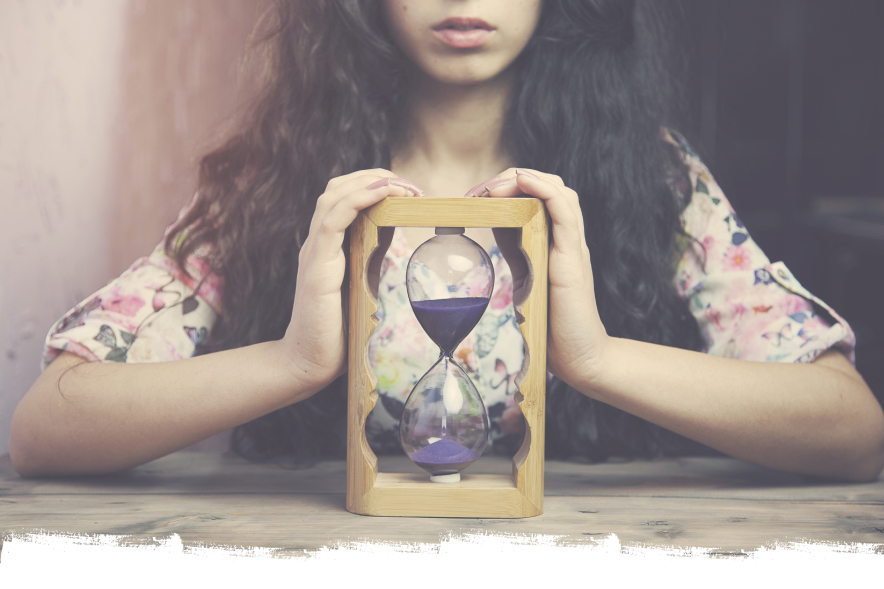Science Gives a Hint
Scientifically speaking, there’s some consensus on the stages of falling in love. It starts with lust, then attraction, and finally attachment. Each phase is driven by different hormones and chemicals produced in the body. The initial stages, fueled by testosterone and estrogen, can be as quick as a fleeting moment, while the attachment phase, driven by oxytocin and vasopressin, can take months or even years to fully develop.
However, a study by psychologist Dr. Arthur Aron suggests that intimacy between two strangers can be accelerated with a specific set of personal questions. In his experiment, participants who asked each other these questions felt a deep connection in just 45 minutes. Some even ended up getting married! But while this rapid connection is possible, it's not always the norm.
Personal Experiences Vary
Ask around, and you'll get a plethora of answers. Some might say they knew their partner was "the one" after just a single date, while others might say it took them years. Consider Jane, who felt an immediate connection with her partner on their first date. "We talked for hours, and by the end, I felt like I'd known him my entire life," she recalls. Contrast this with Tom, who realized he was in love with his best friend of five years only when the thought of losing her became unbearable.
Factors Influencing the Pace
Love doesn't adhere to a one-size-fits-all timeline. Everyone has their unique tempo, which can be influenced by a multitude of factors. Let’s delve deeper into what can speed up or slow down the path to romantic adoration:
Age and Maturity: Age doesn't just bring about wrinkles and gray hairs; it brings wisdom and self-awareness. As people age, they often have a clearer idea of what they want in a partner. They've likely experienced love in various forms before and, therefore, may either become more cautious or, conversely, more willing to dive into love, having learned from past mistakes.
Past Relationship Experiences: Each relationship we experience, whether it ends in heartbreak or happiness, leaves a mark. Someone who's been hurt before might be more guarded, taking longer to let someone in. In contrast, those with positive past experiences might be more open to falling in love quickly, given the right circumstances.
Presence of Other Commitments: The busyness of life can play a surprising role in love. If someone's juggling demanding jobs, studies, or personal responsibilities, they might not emotionally invest in a relationship as quickly. They could be holding back, even unconsciously, because they're weighed down by other pressures.
Shared Experiences: Bonding over common experiences can accelerate feelings of intimacy. Whether it's the adrenaline rush of bungee jumping, the shared experience of a painting class, or collaborating on a project, these shared moments can foster deeper connections in a short time.
Cultural and Family Background: Our upbringing shapes a lot of our views, including those on love. In some cultures, love is something that grows after commitment, while in others, romantic love is a precursor to commitment. Family dynamics also play a part. If someone comes from a family where affection was rarely shown, they might take longer to express love.
Physical Attraction: While physical attraction isn't everything, it does play a part in speeding up the process. The initial chemistry can act as a catalyst, driving two people to explore their deeper emotional compatibility.
Personal Goals and Future Plans: Where we see ourselves in the future can influence our present. If someone's goal is to settle down soon, they might be more open and quick to fall in love. On the other hand, someone focused on solo goals, like traveling the world or building a career, might tread more slowly.
Communication Styles: Open and honest communication can expedite feelings of intimacy. When two people are open about their feelings, fears, dreams, and insecurities, it creates a space of trust, making it easier for love to blossom.
Understanding these factors can not only help individuals gauge their feelings but also navigate their relationships better. Remember, it's not about speed but about the quality and depth of the connection.
Love at Different Speeds
In many relationships, partners don’t fall in love at the same pace. It's crucial to understand and respect that everyone has their unique timing. Rushing someone or feeling pressured to declare love can lead to insincere feelings and strain in the relationship.
It's Not Just Time
While timing plays a role, other factors are equally crucial in love. Mutual respect, trust, understanding, and compatibility play a significant role. Plus, let's not forget the shared experiences, memories, and the little moments that act as the building blocks of love.
[Read: An Exploration of Affection: Extraordinary Facts about Love]
So, How Long Does It Take?
It's a million-dollar question with no exact price tag. How long it takes to fall in love varies for everyone. But while there's no definitive timeline, we can delve into studies, observations, and personal testimonies to get a better understanding of the general landscape.
Dr. Fred Nour, a neurologist and author of the book "True Love: How to Use Science to Understand Love," suggests it takes about two years to transition from the honeymoon phase of love filled with intense attraction to a more stable and long-lasting commitment love. This doesn't mean the initial fervor fades but suggests that the relationship evolves into a more profound connection.
In conclusion, there's no stopwatch timing your journey to love. It's not a race. It's a personal journey that's influenced by individual experiences, beliefs, emotions, and circumstances. And remember, while the time it takes to fall in love is variable, genuine love is always worth the wait. Whether it's a lightning bolt or a slow burn, the warmth and joy of love are universal.
